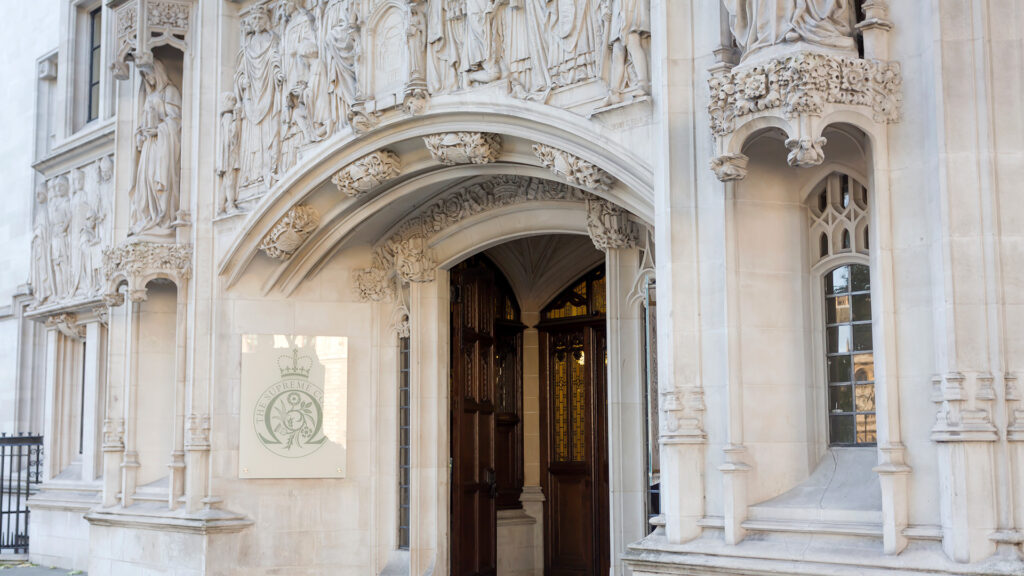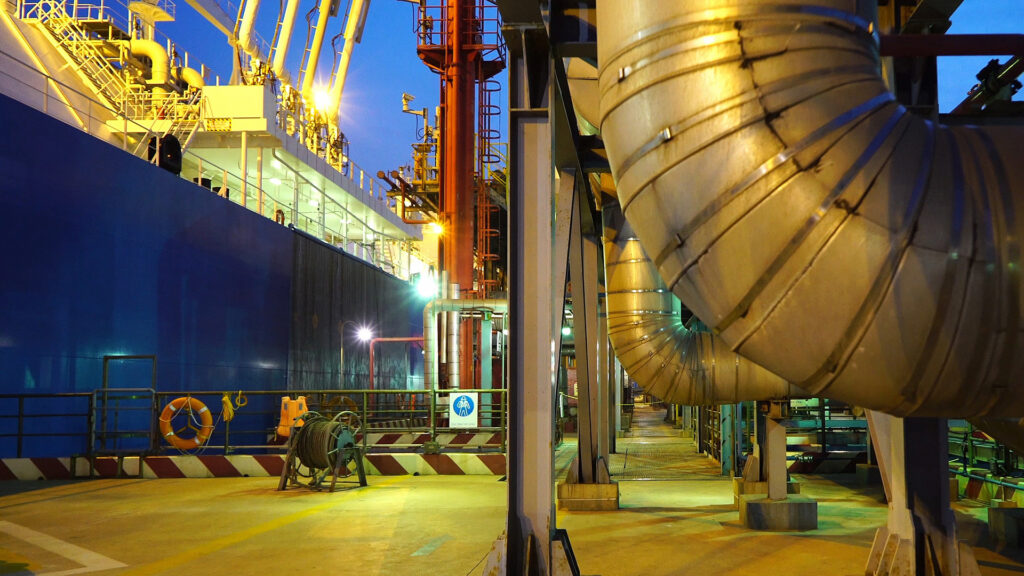
Digital Asset Recovery: Common Law Remedies and the UAE Courts
As digital assets continue to reshape global finance, the legal frameworks governing their recovery in cases of fraud or misappropriation have become increasingly critical. For businesses, the stakes are high.
Digital assets can be transferred instantly and often anonymously across borders, making recovery complex and time of the essence. This is especially relevant and indeed prevalent in the Middle East.
As the United Arab Emirates (“UAE“) increasingly looks to diversify away from being a predominantly oil based economy, we are seeing significant growth in the use of cryptocurrency and blockchain. This reflects trends witnessed globally, with the adoption of cryptocurrency in mainstream commodity transactions gradually increasing. In Dubai, the Dubai Multi Commodities Centre (“DMCC“) is now home to the Crypto Centre, providing a complete ecosystem for blockchain and cryptocurrency companies of all sizes.
This article explores the evolving legal landscape, focusing in particular on recovery options in the United Arab Emirates (“UAE“), as the law and courts must adapt to stay ahead of the curve.
Legal status of digital assets
From a commercial standpoint, it may seem intuitive that crypto assets should be treated as any other property, however this is a relatively novel concept in legal terms and is crucial for victims seeking to pursue recovery through the courts.
The English Courts, which traditionally adopt a commercial and pragmatic approach, recognised crypto assets as a form of property in 20241. This judicial recognition is complemented by legislative developments in the form of a new bill, the “Property (Digital Assets etc) Bill” currently progressing through the UK Parliament.
In the UAE, there are various different legal systems, with the civil law onshore across the Emirates and the common law in the financial freezones, namely the Dubai International Financial Centre (“DIFC“) and Abu Dhabi Global Market (“ADGM“). We have seen legal developments across these legal systems, onshore as well as in the DIFC and ADGM.
In March 2024, the DIFC enacted DIFC Law No. 2 of 2024 (the “Digital Assets Law“), representing a landmark step forward in providing a statutory definition of digital assets as notional quantity units created through: (i) active operation of software by a network of participants; and (ii) network-instantiated data. The definition provides that such units must exist independently of any person or legal system, cannot be duplicated and their use or consumption by one person must necessarily prejudice use or consumption by others. Broadly, therefore, one can see how the definition was designed to encompass assets such as cryptocurrencies, non-fungible tokens and other blockchain-based tokens.
The Digital Assets Law was shortly followed by the DIFC Court of Appeal’s decision in Huobi v Tabarak2, a case concerning fraudulent seizure of Bitcoin. This judgment affirmed the legal status of digital assets as property, evidencing statutory and judicial convergence in a relatively new area of law. It also considered the question of possession versus control when determining who owns a digital asset, to provide clarity on how disputes involving fraudulent seizure of control over digital assets should be handled.
Following the passing of the Digital Assets Law, there is a statutory definition of a digital asset in the DIFC. Now with the DIFC’s Court of Appeal’s decision in Huobi v Tabarak, we have a carefully reasoned judgment at the appellate level, which confirms the nature of digital assets as property, based on an application and analysis of the common law.
We have also seen cases in the onshore Dubai Courts where cryptocurrency has been recognised as property and a retrievable asset. In one such case3, the defendant had induced the claimant to invest 29 Bitcoins and 102 Ethereum into a purported scheme offering a guaranteed return. After claims were initiated, the Dubai Courts agreed that the cryptocurrency should be returned, or a sum in fiat currency in the equivalent value at the time of enforcement. This case also opens the possibility of the Dubai Courts permitting enforcement of judgments against digital assets.
Recovery of digital assets
Recognition of digital assets as property is crucial, as it has enabled the common law courts to apply some of the most powerful interim remedies in asset recovery – freezing injunctions, including a worldwide freezing order (“WFO“). These remedies are designed to prevent defendants from dissipating assets before a judgment can be enforced, imposing strict prohibitions on asset transfers that can apply not only to defendants but also to third parties like banks and cryptocurrency exchanges.
Whilst originally originating from an English Court case4, freezing injunctions are available in most common law jurisdictions, including the DIFC and the ADGM. The DIFC Courts also very recently confirmed their authority – and appetite – to assume a role as a supportive jurisdiction to issue interim relief in support of foreign proceedings.5
A notable innovation is the ability to obtain WFOs against “Persons Unknown,” a critical tool in crypto fraud cases where perpetrators often remain anonymous and where digital assets can change hands in a matter of seconds. Further examples of the Courts’ innovation include the English Courts granting permission to serve WFOs via airdrop into digital wallets6 and the Hong Kong Courts tokenising WFOs on the blockchain7, making restrictions visible to anyone interacting with the wallets. We anticipate that these innovations will soon be adopted in the UAE Courts, where service by SMS has become a feature in recent times.
Enforcement across borders
Notwithstanding the above, enforcing WFOs across borders – and indeed across the onshore and offshore jurisdictions in the UAE – can present challenges.
The starting point is to note that WFOs are not necessarily automatically enforceable across borders, notwithstanding their label as “worldwide”.
Parties often rely on the penal notice stated on the front page to ensure enforcement. The penal notice warns recipients of serious consequences for failure to comply in the form of criminal sanctions, including fines, asset confiscation or even imprisonment for contempt of court. Therefore, a recipient of such notice may comply voluntarily, for example out of fear of criminal sanctions and reputational motivations. But this is not guaranteed.
As a general rule, UAE entities are not legally bound to adhere to English, or other foreign, court orders unless the judgment is recognised by a UAE Court. This is often expressly stated in the WFO. Even where a WFO is issued by the DIFC Courts, a bank or financial institution domiciled onshore in the UAE or in another free zone may legitimately argue that they are not subject to DIFC jurisdiction and therefore do not need to comply. Commencing proceedings to enforce onshore would often be sensible and required.
It may be necessary to look for assets in other jurisdictions. However, a DIFC WFO would likely not be enforceable overseas as it is an interim order. In such cases, a party may consider applying to the English Courts to issue a fresh application for a WFO in support of the DIFC proceedings. This is possible under Section 25 of the UK’s Civil Jurisdiction and Judgments Act 1982, however the English Courts must be satisfied that there is a sufficient link with the jurisdiction.
Ultimately, enforcement must not conflict with the policy or procedure of the primary jurisdiction. In the UAE especially, this means navigating both federal and free zone legal systems. HFW recently acted for a European trading company against a DMCC entity in a matter relating to the sale of oil cargo, for which prepayments were made but no oil was delivered. HFW was successful in obtaining a WFO in the DIFC Courts against the DMCC entity and in freezing assets onshore and further afield.
Conclusion
As the use of digital assets increases in the commodities sector and more broadly, businesses must learn to navigate digital asset recovery. In our experience, strategic planning is essential from the outset. Whether pursuing claims locally in the UAE or internationally, companies should assess jurisdiction, enforcement options, and the practical reach of remedies like WFOs. In a fast-moving and borderless digital environment, a coordinated legal strategy is key to protecting assets that can be easily and so quickly dissipated.
Footnotes:
- D’Aloia v Persons Unknown [2024] EWHC 2342 (Ch)
- Gate Mena DMCC (formerly known as Huobi OTC DMCC) & Huobi Mena FZE v Tabarak Investment Capital Limited & Christian Thurner [2023] DIFC CA 002
- Dubai Court of First Instance Case No. 1872/2024
- Mareva Compania Naviera SA v International Bulkcarriers SA (1975)
- Carmon Reestrutura-engenharia E Serviços Técnicos Especiais, (Su) LDA v Antonio Joao Catete Lopes Cuenda [2024] DIFC CA 003
- D’Aloia v Persons Unknown [2022] EWHC 1723 (Ch)
- Worldwide A-Plus Investments Ltd v. A-Plus Meta Technology Ltd [HCA 2417/2024] (HK)












-1024x683.jpg)